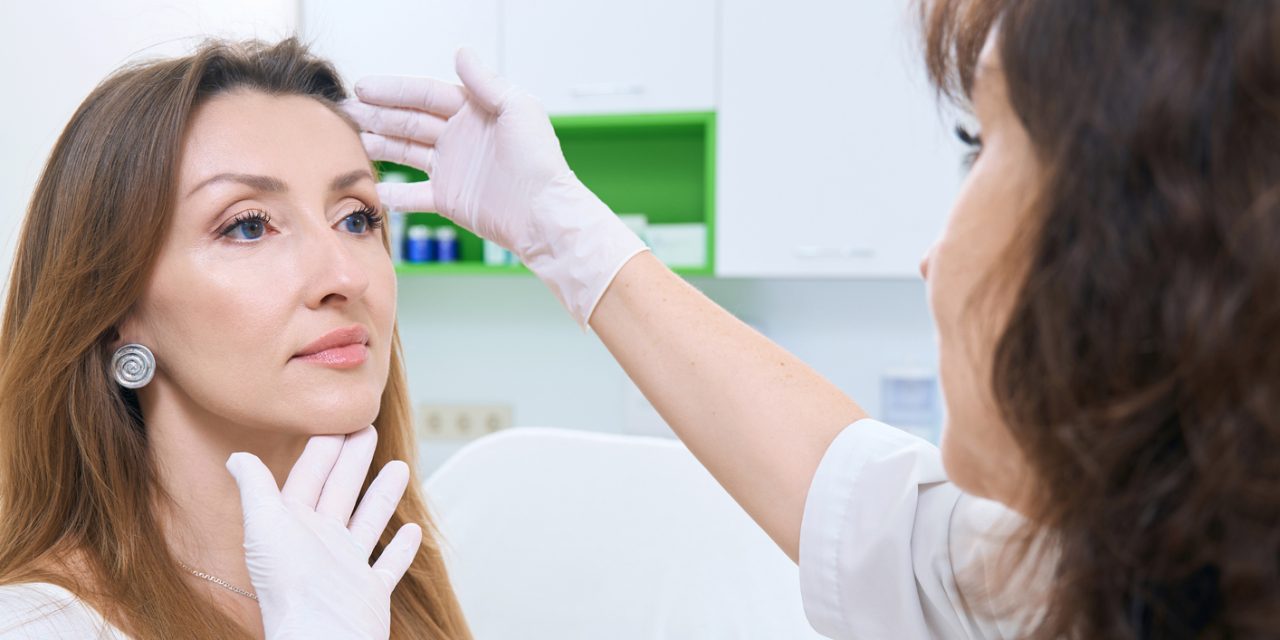Individuals exposed to isotretinoin have experienced severe neuropsychiatric consequences, but the evidence was equivocal and hampered by various methodological constraints. For a study, researchers sought to determine and quantify the link between isotretinoin and 1-year incident neuropsychiatric adverse effects for a research. Patients were followed up for 1 year after their index delivered medication in a propensity score-matched cohort outline using electronic medical records conducted between 2013 and 2019. Over 12 million patients, ranging in age from 12 to 27, were served by 56 different healthcare organizations. Patients aged 12 to 27 years old with an isotretinoin or control prescription that has been dispensed. Any incident of sleep or mental health condition, or non-fatal self-harm within 1 year of the index prescription, according to the International Classification of Diseases Clinical Modification 10th revision ORs (odds ratios) with 95% CI. The isotretinoin cohort had 30,866 patients, the oral antibiotics group had 44,748 patients, the topical anti-acne drugs cohort had 108,367 patients, and the acne patients without anti-acne prescription medicines had 78,666 patients. After adjusting for baseline confounders, the OR for any incident neuropsychiatric outcomes in acne patients treated with isotretinoin was 0.80 (95% CI: 0.74 to 0.87) when compared with acne patients treated with oral antibiotics, 0.94 (95% CI: 0.87 to 1.02) when compared with acne patients treated with topical anti-acne medicines, and 1.06 (95% CI: 0.97 to 1.16), when compared with acne patients, not on Isotretinoin-exposed patients, had considerably greater incident physical symptoms than patients in any of the 3 comparison groups. At the population level, isotretinoin was not found to be related to an increased risk of unfavorable neuropsychiatric consequences. Clinicians should have considered the substantial mental health burden associated with treatment-resistant acne and the possible influence of physical side effects of the prescription medicine on mental health while monitoring potentially unfavorable outcomes during isotretinoin treatment.


